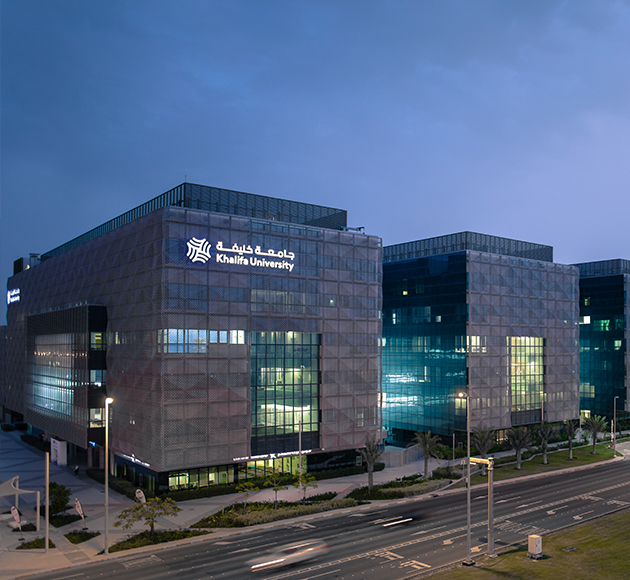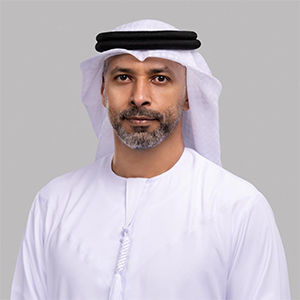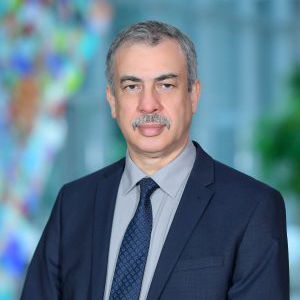
The Polar Research Center at Khalifa University, an outcome of the Emirates Polar Program, is dedicated to advancing knowledge and understanding of the polar regions through comprehensive and interdisciplinary research. The mission of the center is to conduct independent and collaborative research on polar related sciences, addressing the critical challenges posed by climate change, environmental degradation, and the impact of human acticites on polar ecosystems. The center aims to be a key contributor in filling the knowledge gaps in polar sciences, by studying the cryosphere, oceans, and landscapes, aligning with global initiatives like the 5th International Polar Year 2032-33.
By strengthening national leadership in complementary polar research, The Polar Research Center plays a crucial role in the UAE’s adherence to international polar research committees and initiatives. It also supports sustainable development goals, and contributes to the UAE's scientific capacities.
Khalifa University Lead Faculty
Leadership Team

H.E. Prof. Ebrahim Al Hajri
a chair of several technical committees in ASHRAE and ASME.

Dr. Bayan Sharif
-
D.Sc., Electrical and Electronic Engineering, Newcastle University (UK), 2013
-
Ph.D., Electrical and Electronic Engineering, Ulster University (UK), 1988
-
B.Sc., (Hons.), Electrical and Electronic Engineering, Queen's University of Belfast (UK), 1984
Center Management
Prof. Ahmed Al-Durra
-
Ph.D., Electrical & Computer Engineering, Ohio State University, USA, August 2010
-
M. Sc., Electrical & Computer Engineering, Ohio State University, USA, June 2007
-
B. Sc. (With Distinction and Summa Comma Laude), Electrical & Computer Engineering (Control Systems and Power), Ohio State University, USA, December 2005
-
Nonlinear Control Systems Advance Linear Systems Advanced Linear Algebra and Its Applications Modern Control Systems Feedback Control Systems Signals and Systems
Dr. Samuel Sheng Mao
Team Leads
Prof. Mohammed Ali
Dr. Elena Fantino
-
MSc in Astronomy - University of Padua / Padua - Italy
-
PhD in Space Sciences and Space Technologies - University of Padua / Padua - Italy
-
Astrodynamics and Mission Analysis (SCED468)
-
Space Systems Engineering (AERO652)
-
Spacecraft Design (AERO485)
-
Spacecraft Systems and Design (AERO485)
Dr. Aisha Al Suwaidi
Dr. Diana Francis
Dr. Maryam R.Al Shehhi
Dr. Frantz Gerard Ossa Ossa
-
PhD, Earth Sciences, University of Poitiers, France
-
MSc, Biogeosciences, Environments and Petroleum Geology, University of Dijon, France
-
EARTH793 - Astrobiology
-
ERTH 701 - Petroleum Systems
-
EPSS 495 - Introduction to Astrobiology
-
GENS 101 - Grand Challenges
Dr. Hamed Gamaleldien
-
PhD, Applied Geology, Curtin University (Australia), 2021
-
MSc, Geology, Tanta University (Egypt), 2013
-
B.Sc, Geology, Tanta University (Egypt), 2008Teaching:
-
Earth Materials (EPSS210)
-
Igneous & Metamorphc Petrology (PGEG331)
-
Geochemistry
-
